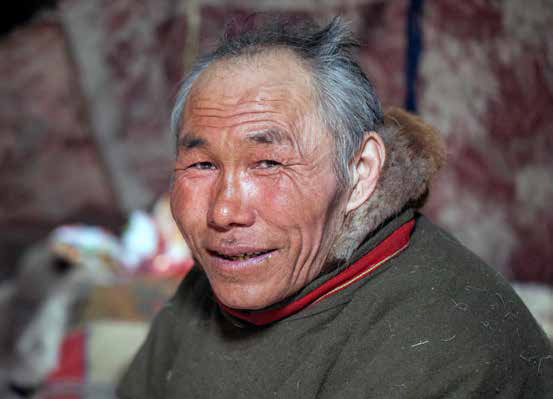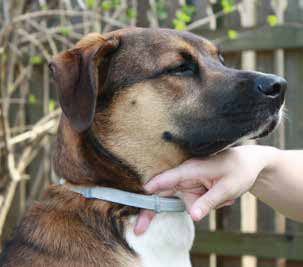Health Equity
Partnering to advance equitable prevention strategies

AIP nurses help Alaska’s COVID-19 vaccination campaign
In early 2021, public health nurses from CDC’s Arctic Investigations Program (AIP) helped Alaska earn bragging rights for vaccinating more people per capita against COVID-19 than anywhere else in the US. The staff volunteered at more than 14 clinics, which administered nearly 13,000 vaccine doses in the first 3 months of 2021. AIP nurses worked with a volunteer corps of healthcare professionals mobilized during public health emergencies, called Alaska Respond, to hold clinics at different locations in Anchorage and the Matanuska Valley, including at the Alaska Native Medical Center. By first serving as a vaccine hub, and by supporting vaccination clinics, NCEZID played an important role in the effort to administer hundreds of thousands of COVID-19 vaccines in Alaska.
An effective program to reduce Rocky Mountain spotted fever cases

Certain tribal communities in Arizona are highly impacted by the deadly tickborne disease Rocky Mountain spotted fever (RMSF), with rates of illness more than 150 times higher than the national average for spotted fever rickettsiosis. More than half of cases occur in children. Since 2018, NCEZID has supported Arizona tribal health authorities in strengthening RMSF prevention and control efforts. By using environmental pesticides and placing long-acting tick collars on dogs, like the one pictured right, health authorities have shown they can effectively reduce the incidence of RMSF by more than 40%. In 2021, NCEZID expanded their support by developing a direct to-tribe funding opportunity open to all tribal communities in Arizona impacted by RMSF; two tribes applied and were awarded.
Promoting fair access to health is part of the public health mission to protect the health of all people in all communities.
